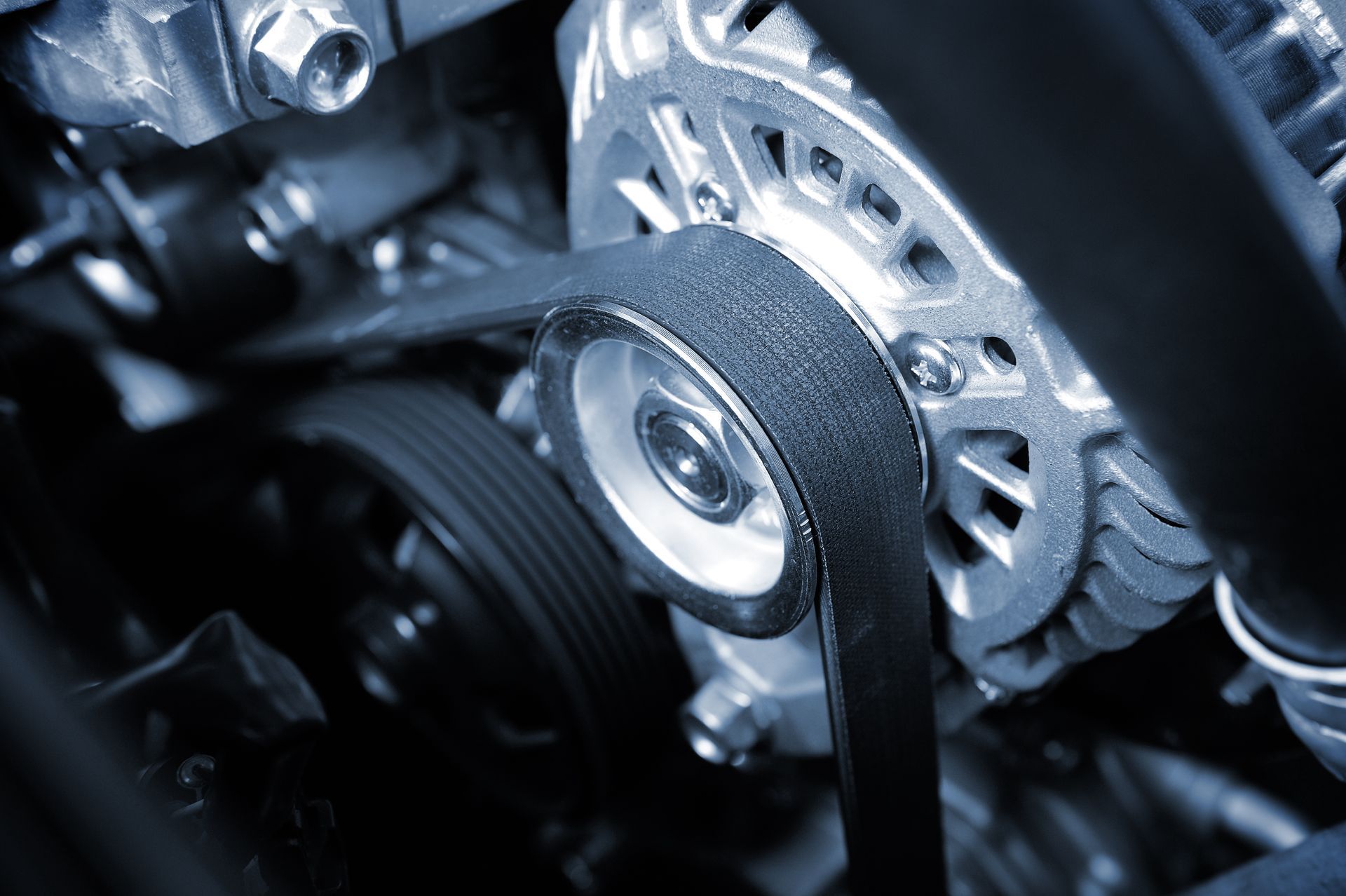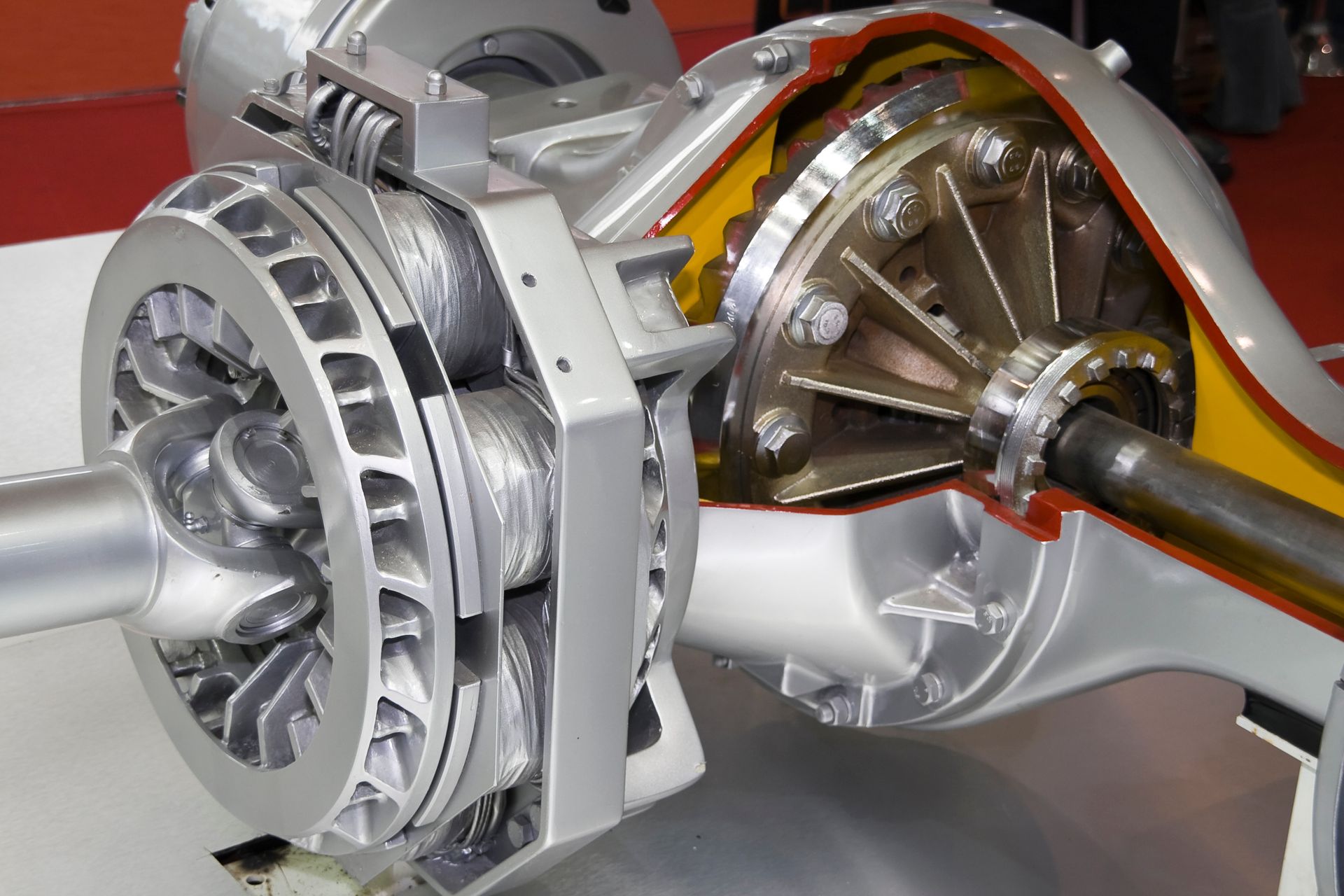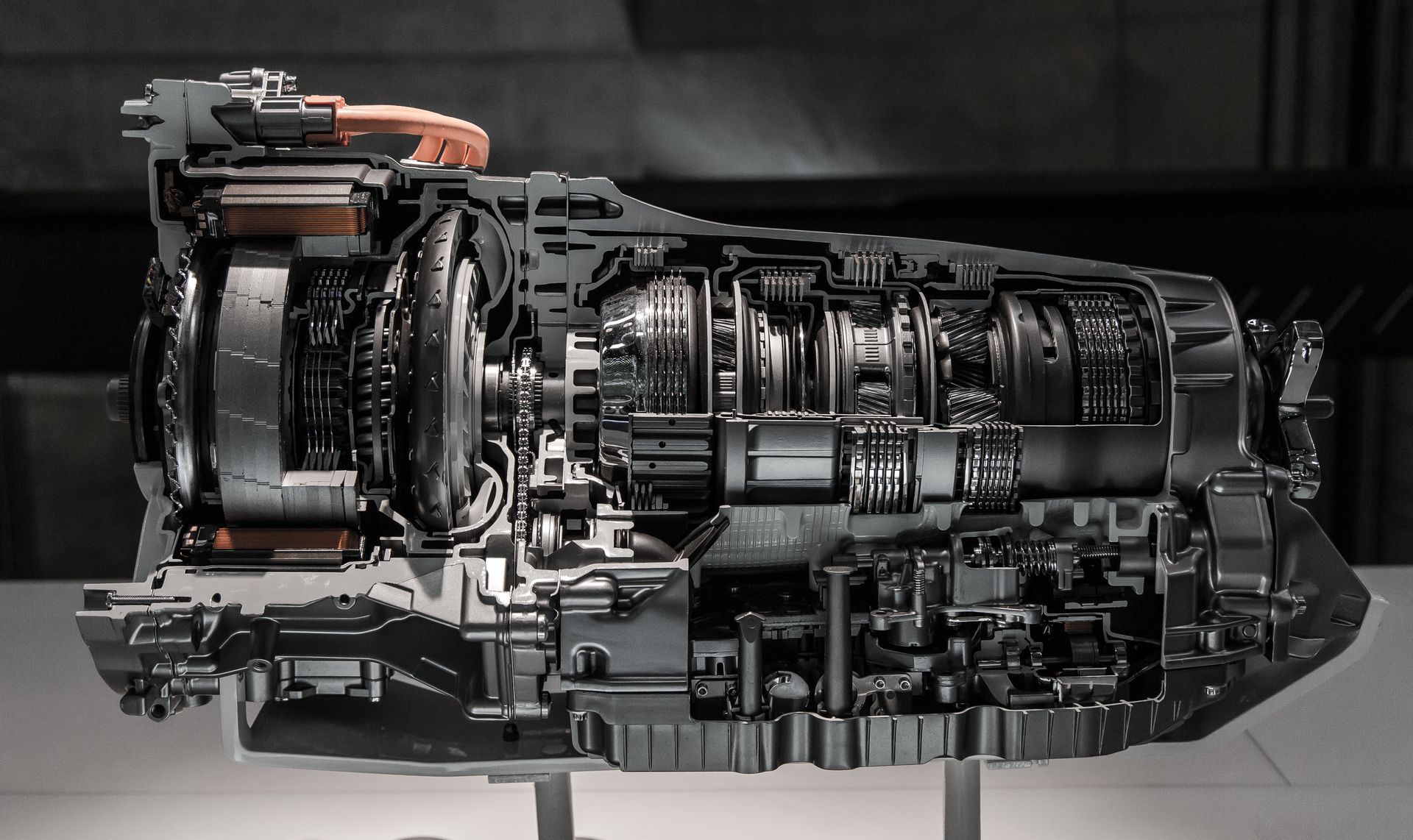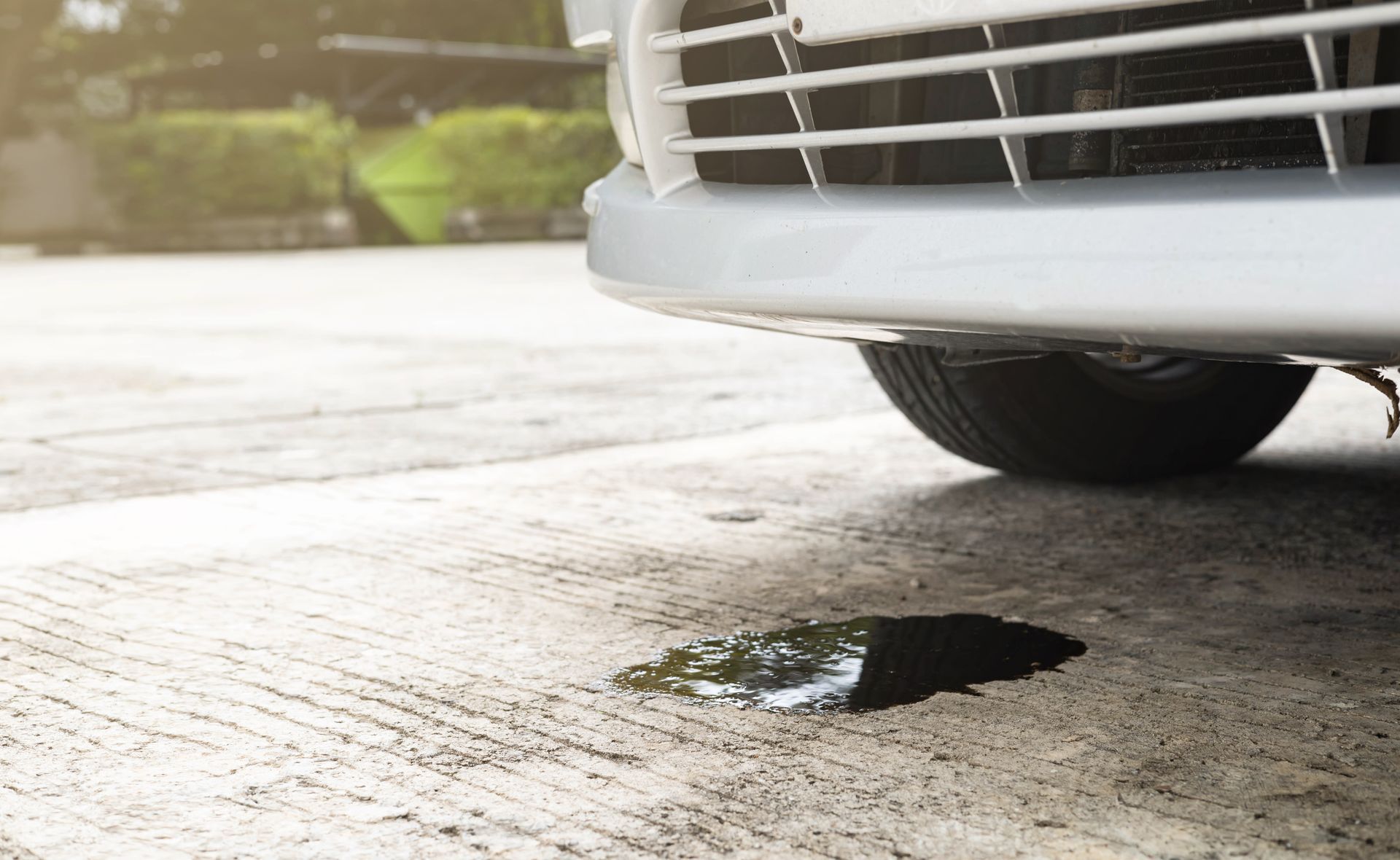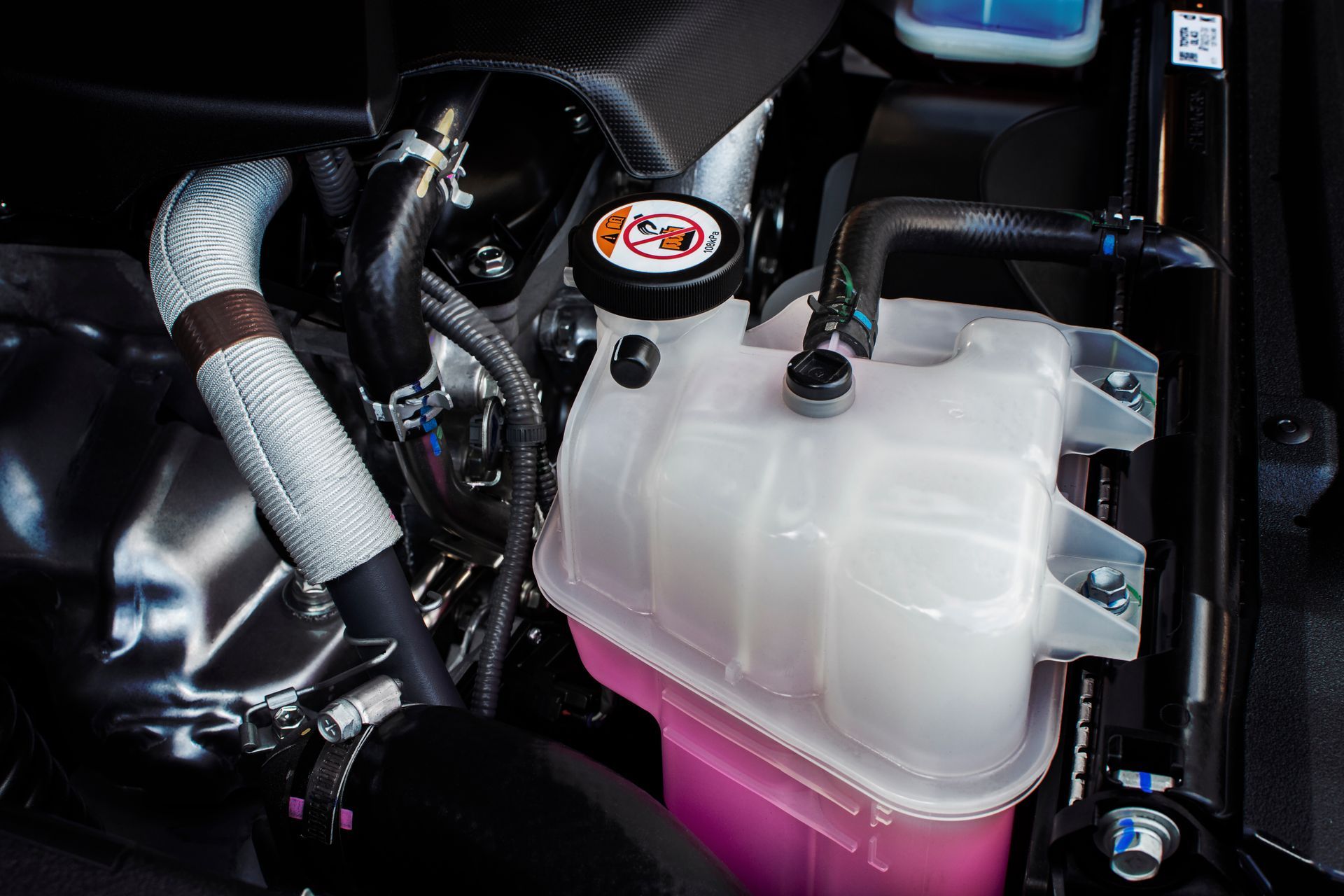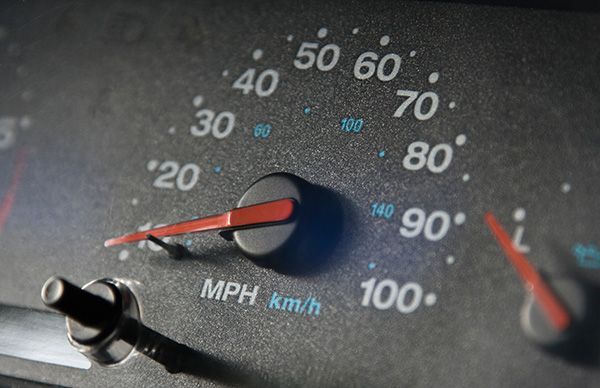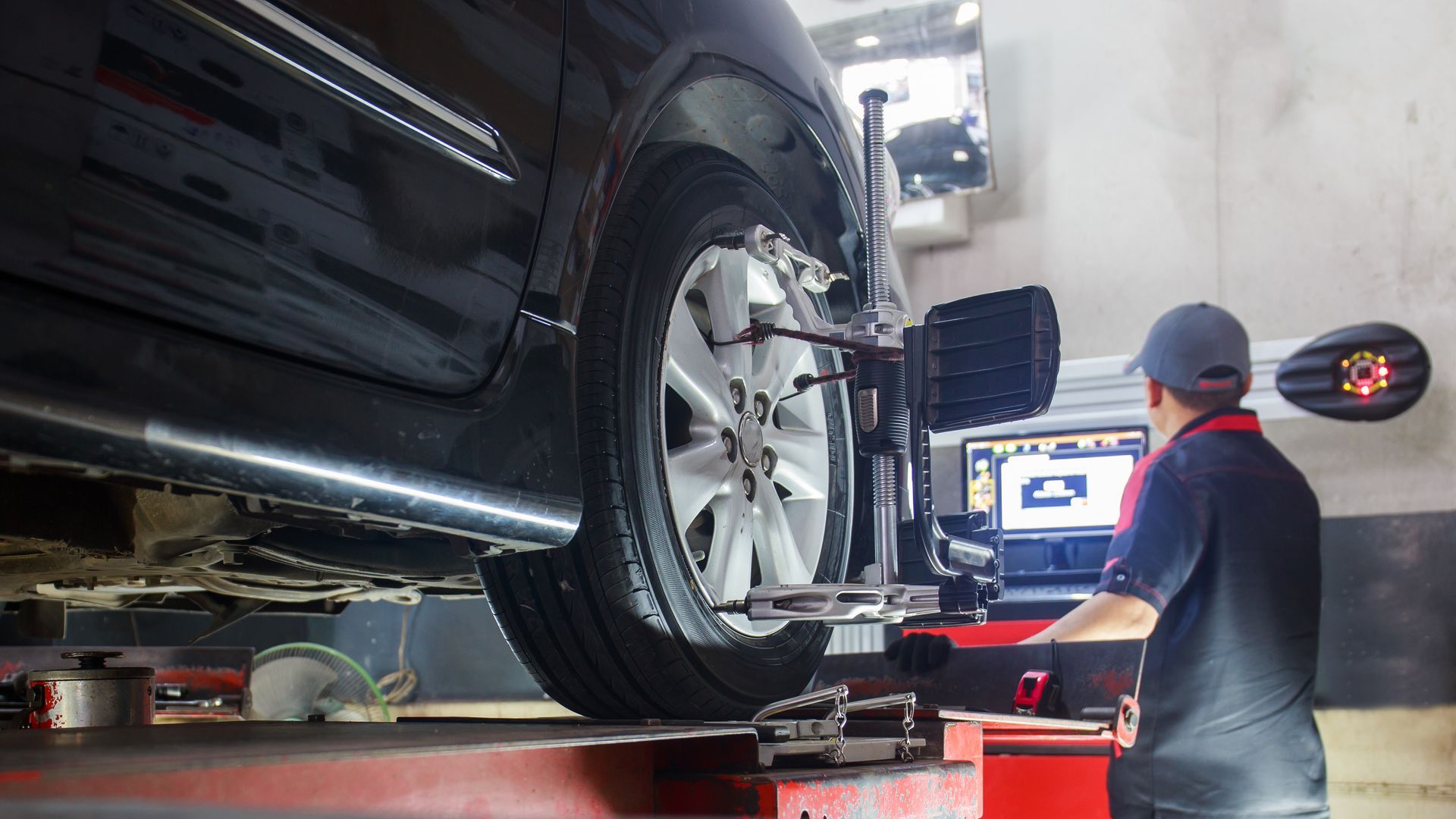Failing an emissions test or state inspection can feel like a roadblock, especially when you’re unsure of what to do next. But don’t worry—you’re not alone, and there are clear steps you can take to resolve the situation. Whether it’s a simple fix or a more complex repair, addressing the issues promptly can help you get your car back on the road and in compliance with regulations.
Why Your Car Failed
When your car doesn’t pass an emissions test or inspection, it’s a sign that something isn’t working as it should. Emissions tests are designed to measure the pollutants your car emits, ensuring it meets state environmental standards. Common reasons for failure include a malfunctioning oxygen sensor, a faulty catalytic converter, or even something as straightforward as a loose gas cap.
State inspections, on the other hand, cover a broader range of checks, including brakes, lights, tires, and other safety components. Failure here could indicate a worn-out brake system, bald tires, or an electrical issue.
First Steps After a Failed Test or Inspection
When you find out your car didn’t pass, it’s easy to feel overwhelmed. Start by reviewing the report provided after the test. This document outlines the specific issues that need to be addressed. Having a clear understanding of the problem will guide your next steps.
Don’t ignore the issue or put off repairs. Many states, including Florida, have strict timelines for re-testing after a failed inspection. Waiting too long could result in additional fees or penalties.
Fixing the Problem
Addressing the issues that caused your car to fail is critical. Here are a few areas to focus on:
Emissions Repairs
If the failure was related to emissions, components like the catalytic converter, oxygen sensors, or exhaust system might need attention. We can run diagnostics to identify the root cause and recommend repairs.
General Maintenance
For state inspections, issues like faulty lights, worn brakes, or underinflated tires are common culprits. These are usually straightforward to fix but shouldn’t be delayed, as they impact your car’s safety and performance.
System Diagnostics
Modern cars rely on computerized systems to function properly. If a sensor or onboard diagnostic system isn’t working, it can trigger inspection failures. A thorough diagnostic scan can uncover hidden issues.
Prepping for a Retest
Once the repairs are complete, your car will need to undergo a retest to confirm the issues have been resolved. To improve your chances of passing the second time:
- Double-Check Repairs: Ensure all the flagged issues have been properly fixed.
- Warm Up Your Car: Drive for at least 15-20 minutes before the test. This allows your engine to reach optimal temperature and ensures the emissions system is operating efficiently.
- Run Diagnostics: Ask your repair shop to perform a pre-test to catch any remaining issues before the official inspection.
How Can Regular Maintenance Help You
Many of the problems that lead to failed tests can be avoided with regular vehicle maintenance. Routine services like oil changes, tune-ups, and tire rotations not only keep your car running efficiently but also help you stay ahead of potential inspection pitfalls.
In Dover, FL, where regulations and environmental standards are strictly enforced, keeping your vehicle’s maintenance up to date isn’t just a good idea—it’s essential for keeping your car legal and roadworthy.
The Importance of a Trusted Repair Shop
Choosing the right repair shop is key to resolving inspection and emissions issues. Our qualified team can accurately diagnose problems, make the necessary repairs, and ensure your car is ready for its retest. Look for a shop with experience in handling emissions and state inspection requirements to ensure quality service.
Failed your emissions test or inspection? Don’t stress—Absolute Auto Repair in Dover, FL, is here to help! From diagnostics to repairs, our team will have you road-ready in no time. Call us today to schedule your visit!



